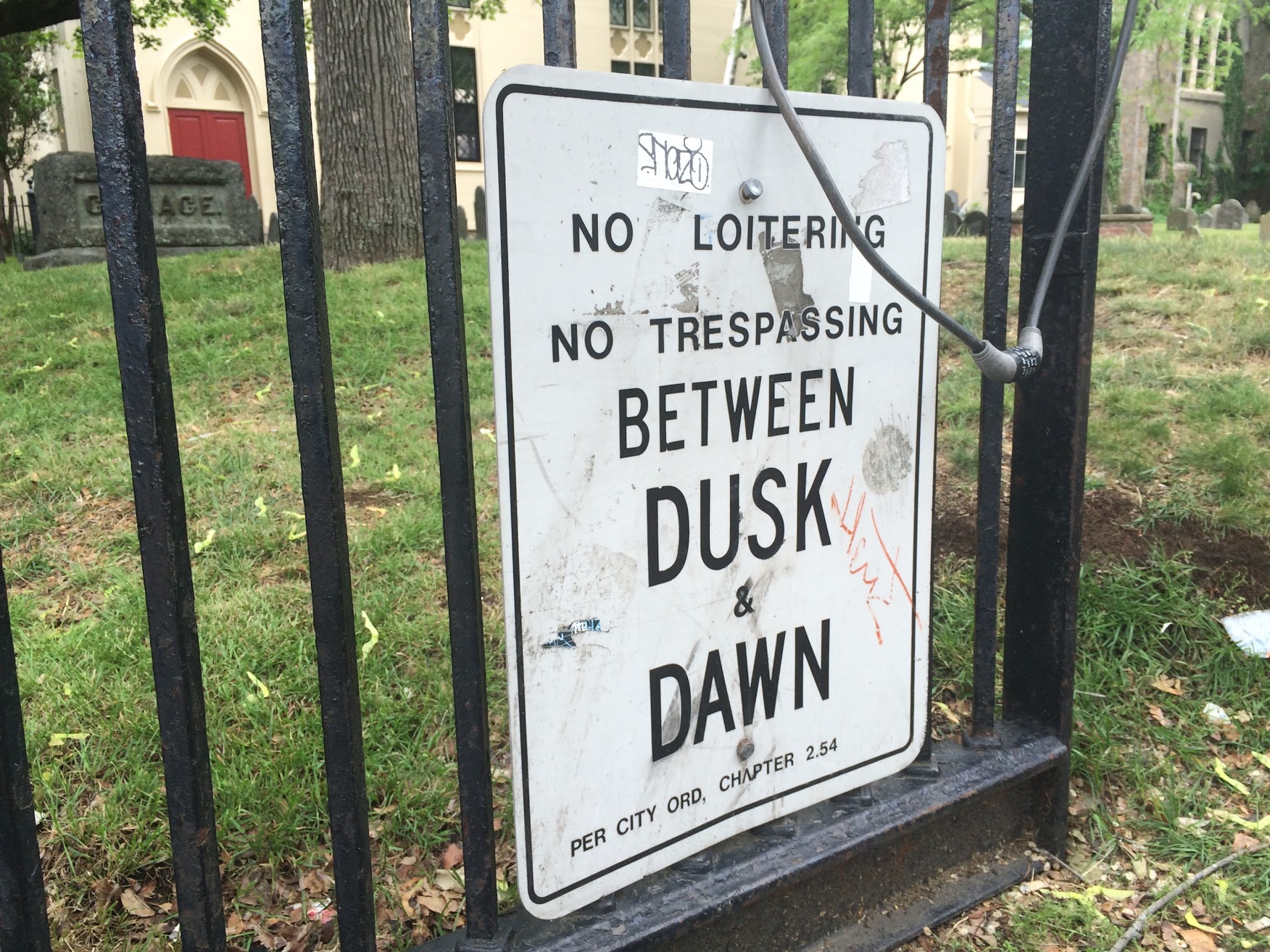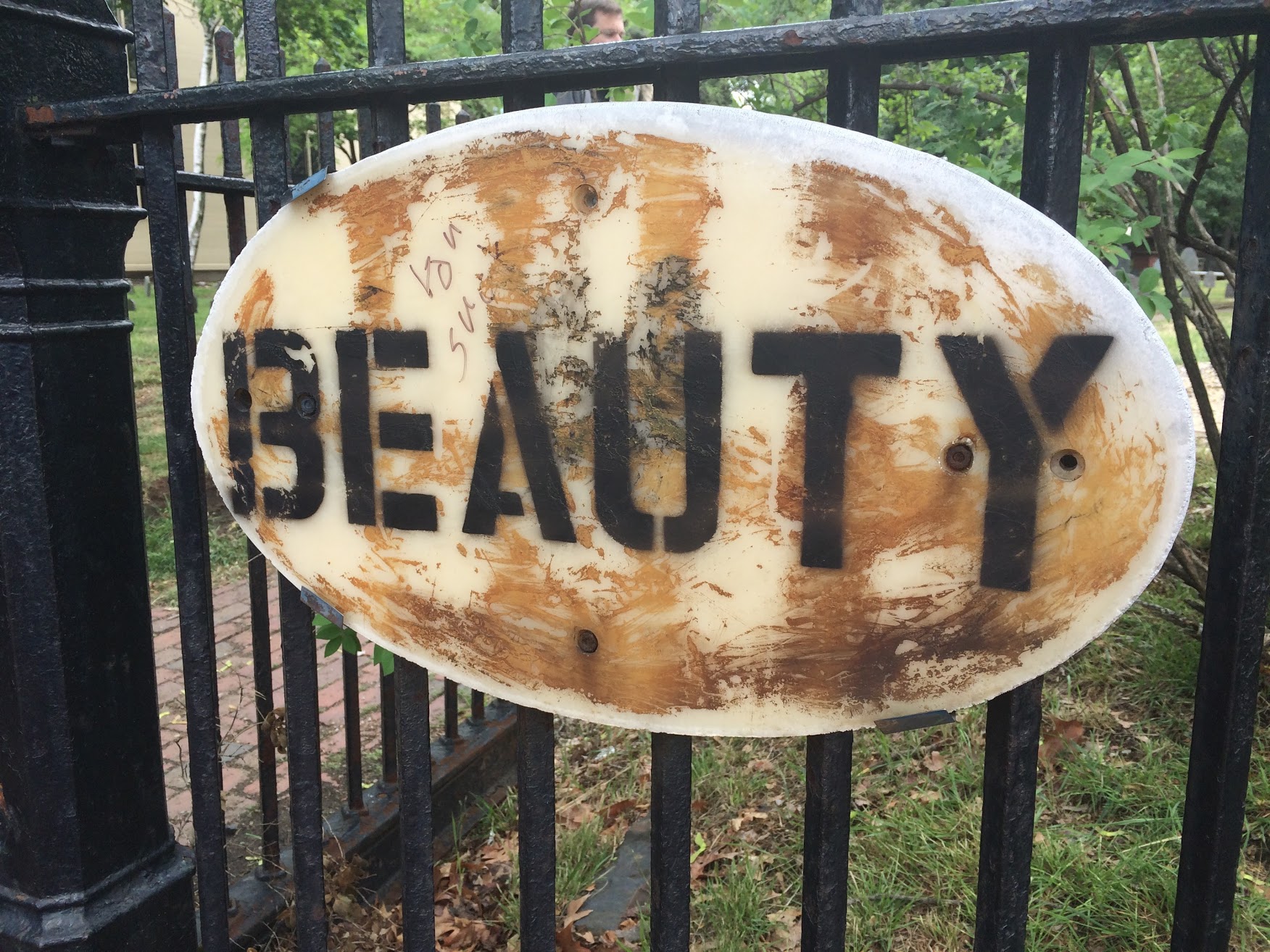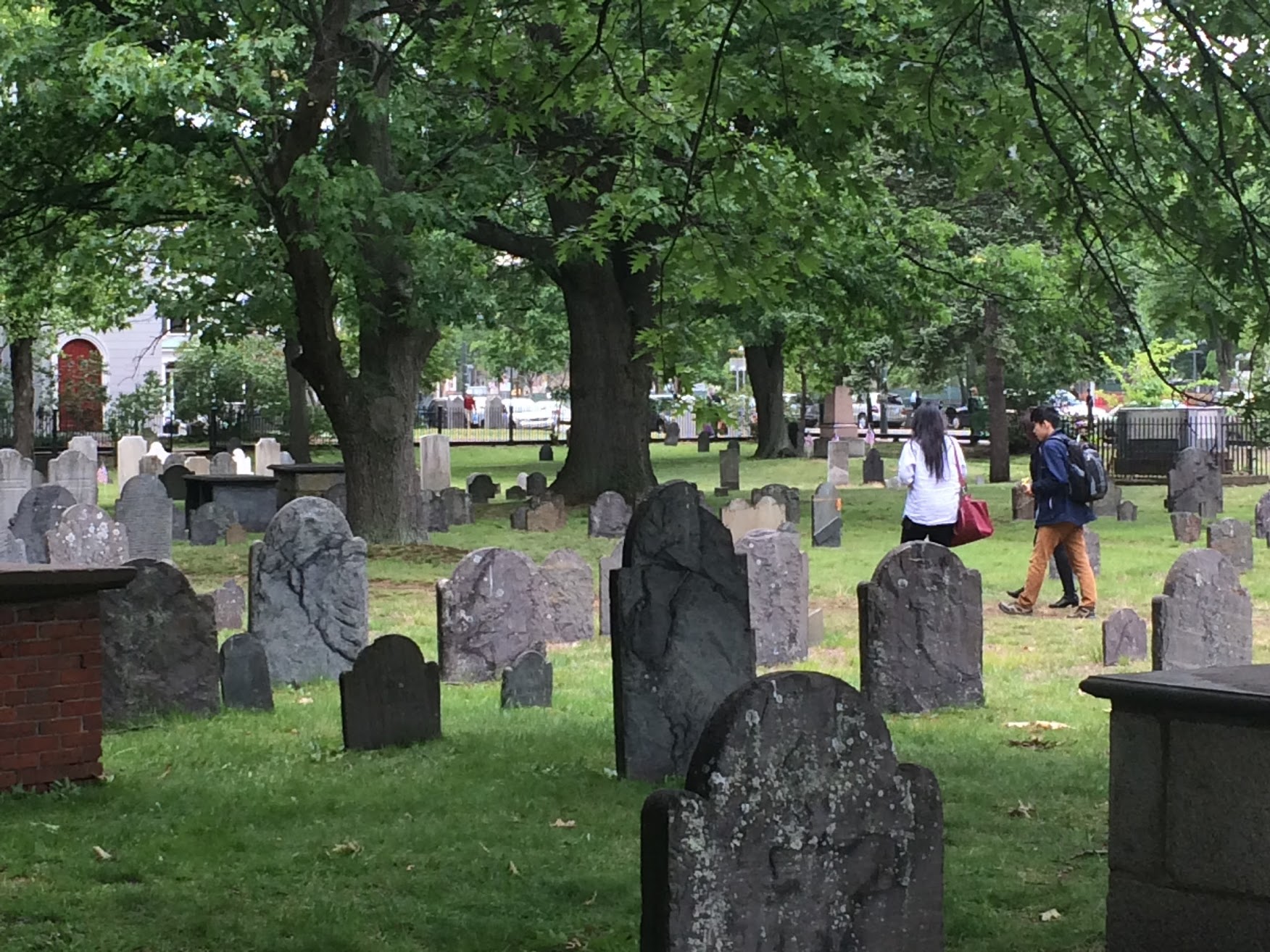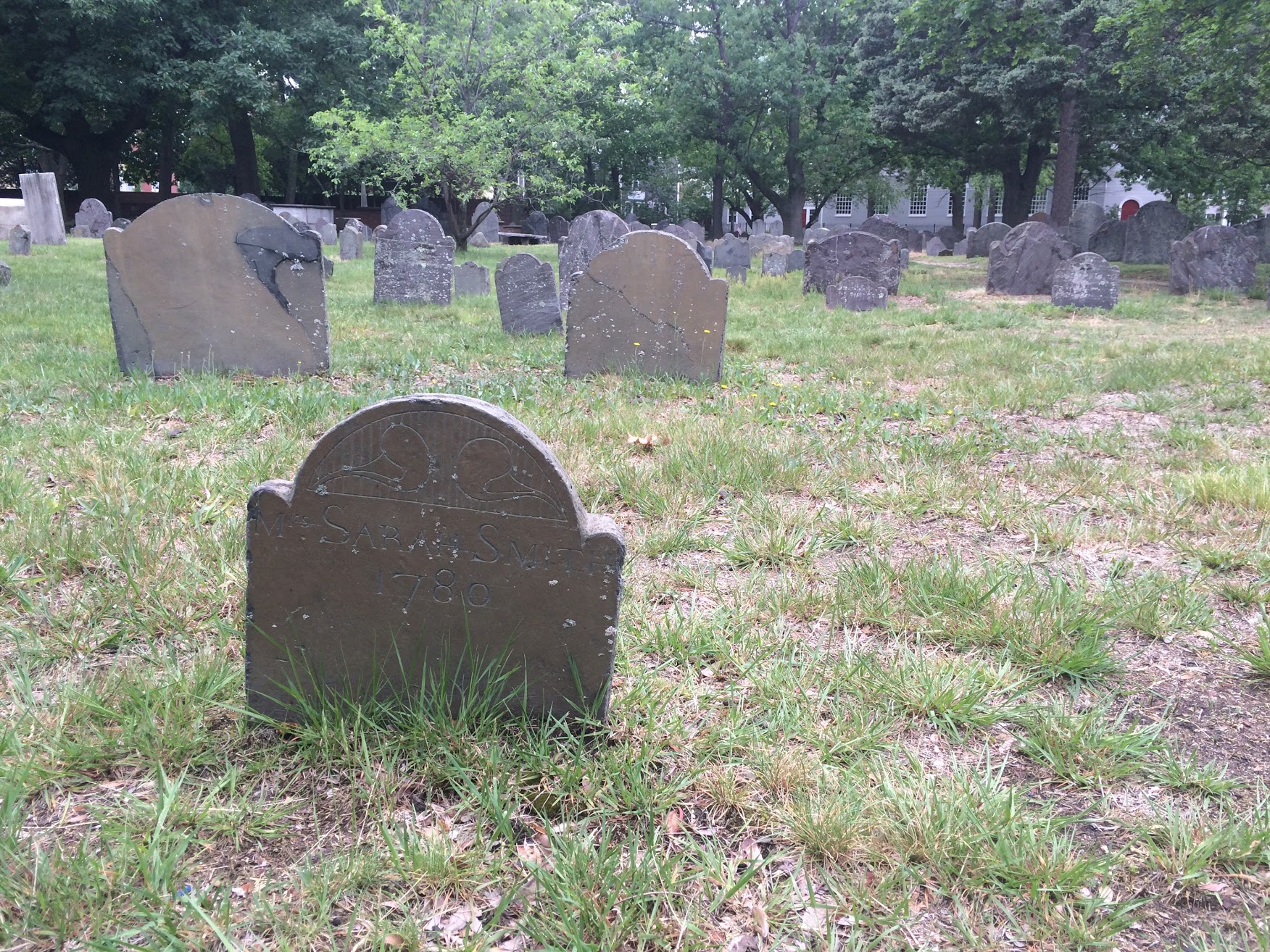About the Project
Date:
June 2015
Location:
Cambridge, MA
How do we deal with death in the digital world?
During the northern Summer of 2015, IDEO Futures put together the Bits+Blocks coLab at the Harvard Innovation Lab, an 8-week exploration around potential real-world use cases for Bitcoin and Blockchain. I had the chance to be there for the kick-off sessions where we went out in groups around Cambridge looking for inspirational experiences to understand how Bitcoin and Blockchain can connect to everyday user needs.
Our group was tasked with exploring what the process of writing a “digital will” could look like — for which we went out to draw inspiration from the Old Burial Ground around Harvard University, to understand how death is codified and recorded in tombstones, and what “data” has historically meant after life.
I tried to model my understanding of a digital will around the properties of how the Blockchain operates: as the possiblity of codifying your last will and testament not as contract law, but as computer code to be automatically executed upon your death. I was primarily thinking about what happens to our digital footprints once we’re gone — for example, what happens to our social media presence and the trove of data we’ve generated and will continue to generate for many more years from now. How would you like to dispose of that? Who should get access to it, and when? What things should just be discarded and forgotten? We have paradoxically more and less control with digital content than we do with physical objects like paper correspondence.
The resulting EOL script is a snippet of Python pseudocode (it doesn’t actually work) that runs through a list of social media accounts and data sources, automatically performs cleanup actions, and then delegates access to an assigned party. Similarly, projects I work on can theoretically be delegated to someone in the event of something happening to me, potentially creating solutions to “hit by a bus” scenarios that create many issues with organisational legacy. What’s especially interesting is that, through platforms like Blockchain and tools like smart contracts, these statements can be automatically executed beyond interpretation and without having to consult with a lawyer or a court. You could easily imagine bank accounts, encrypted documents, or property records being automatically transferred and delegated in an EOL event. When you couple this thinking with the Internet of Things, really macabre and sinister scenarios immediately come to mind.



